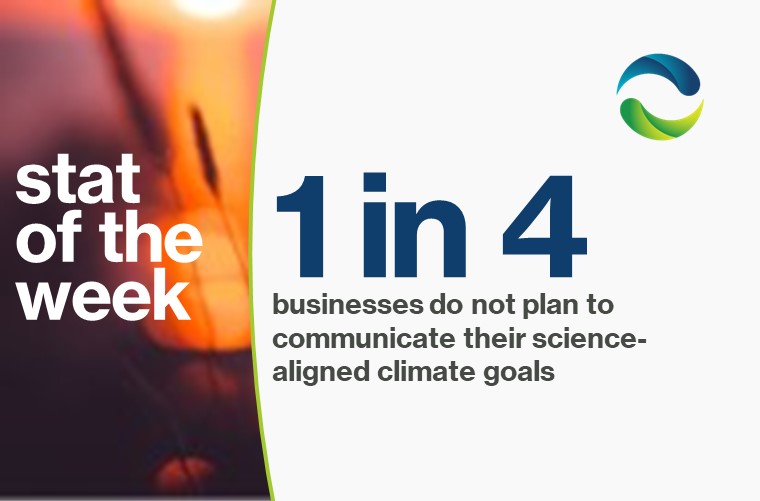Chief sustainability officers’ difficult roles just got more challenging. At the end of June, a Supreme Court hostile to environmental regulation overturned the so-called Chevron doctrine (also known as “Chevron deference”), a pillar of US administrative law since 1984.
This significantly alters the landscape of federal authority, with some calling the decision the “upending of agency rule.” (It’s not just the ESG world: regulation watchers in the cybersecurity sphere, labor relations and other fields are paying close attention.)
“Chevron deference” had come to mean that when there was a dispute, courts would defer to an agency’s interpretation of a statute if that interpretation was reasonable. Can the Environmental Protection Agency, Department of Energy and Federal Energy Regulatory Commission still regulate confidently in their fields? Is the SEC’s new climate rule up for challenge on yet another front?
Our executive chairman, Rob Griffen, proved prescient when he drew attention to the possibility of this ruling in a blog post earlier this year.
The then-upcoming Supreme Court case “will likely weaken or overturn a legal doctrine that has given administrative agencies significant latitude to interpret their own statutes, giving the courts greater power to strike down implementing rules for the Inflation Reduction Act, the Infrastructure Act and regulations under existing statutes,” he wrote.
Now, judges are likely to be called on to make their own readings of statutes, regardless of the views of the EPA or DOE.
As we serve our Members and take the long view, the Climate Board pays close attention to the courts as well as the regulators. We aim to give Members the neutral and unvarnished truth – and the practical insights enabling sustainability executives to sail into blowing winds.
We invite you to revisit Rob’s March blog here, which addressed the recent “ESG backlash” more broadly, here.
The next edition of TCB’s Digest will also cover more context and reactions stemming from the article, stay tuned.



